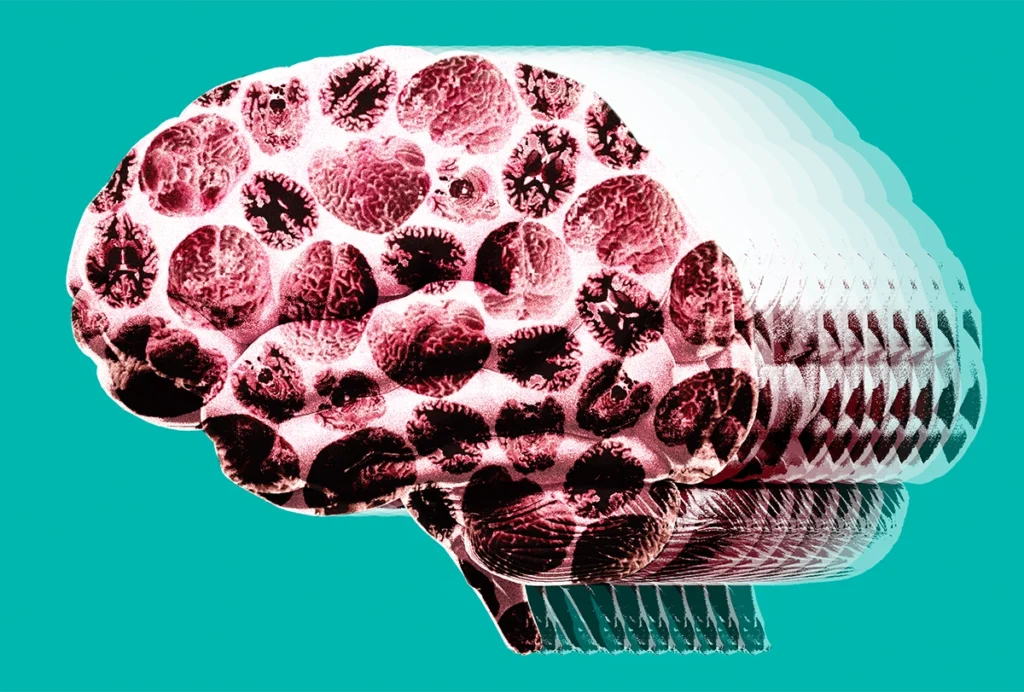Scott Marek is assistant professor of radiology in the Mallinckrodt Institute of Radiology at Washington University School of Medicine in St. Louis. Marek received a Ph.D. in neuroscience from the University of Pittsburgh, where he gained expertise in pediatric neuroimaging with Beatriz Luna. Subsequently, he completed a postdoctoral fellowship with Nico Dosenbach at Washington University School of Medicine, where he gained expertise in functional mapping of individual brains and leveraging big data to quantify the reproducibility of brain-wide association studies. He now runs his own lab focused on precision imaging and deep phenotyping of adolescent twins with depression, as well as population neuroscience approaches using large datasets, such as the Adolescent Brain Cognitive Development (ABCD) Study.

Scott Marek
Assistant professor of radiology
Washington University School of Medicine in St. Louis
From this contributor
Breaking down the winner’s curse: Lessons from brain-wide association studies
We found an issue with a specific type of brain imaging study and tried to share it with the field. Then the backlash began.

Breaking down the winner’s curse: Lessons from brain-wide association studies
Explore more from The Transmitter
Neuro’s ark: Spying on the secret sensory world of ticks
Carola Städele, a self-proclaimed “tick magnet,” studies the arachnids’ sensory neurobiology—in other words, how these tiny parasites zero in on their next meal.

Neuro’s ark: Spying on the secret sensory world of ticks
Carola Städele, a self-proclaimed “tick magnet,” studies the arachnids’ sensory neurobiology—in other words, how these tiny parasites zero in on their next meal.
Autism in old age, and more
Here is a roundup of autism-related news and research spotted around the web for the week of 2 March.

Autism in old age, and more
Here is a roundup of autism-related news and research spotted around the web for the week of 2 March.
Lack of reviewers threatens robustness of neuroscience literature
Simple math suggests that small groups of scientists can significantly bias peer review.

Lack of reviewers threatens robustness of neuroscience literature
Simple math suggests that small groups of scientists can significantly bias peer review.